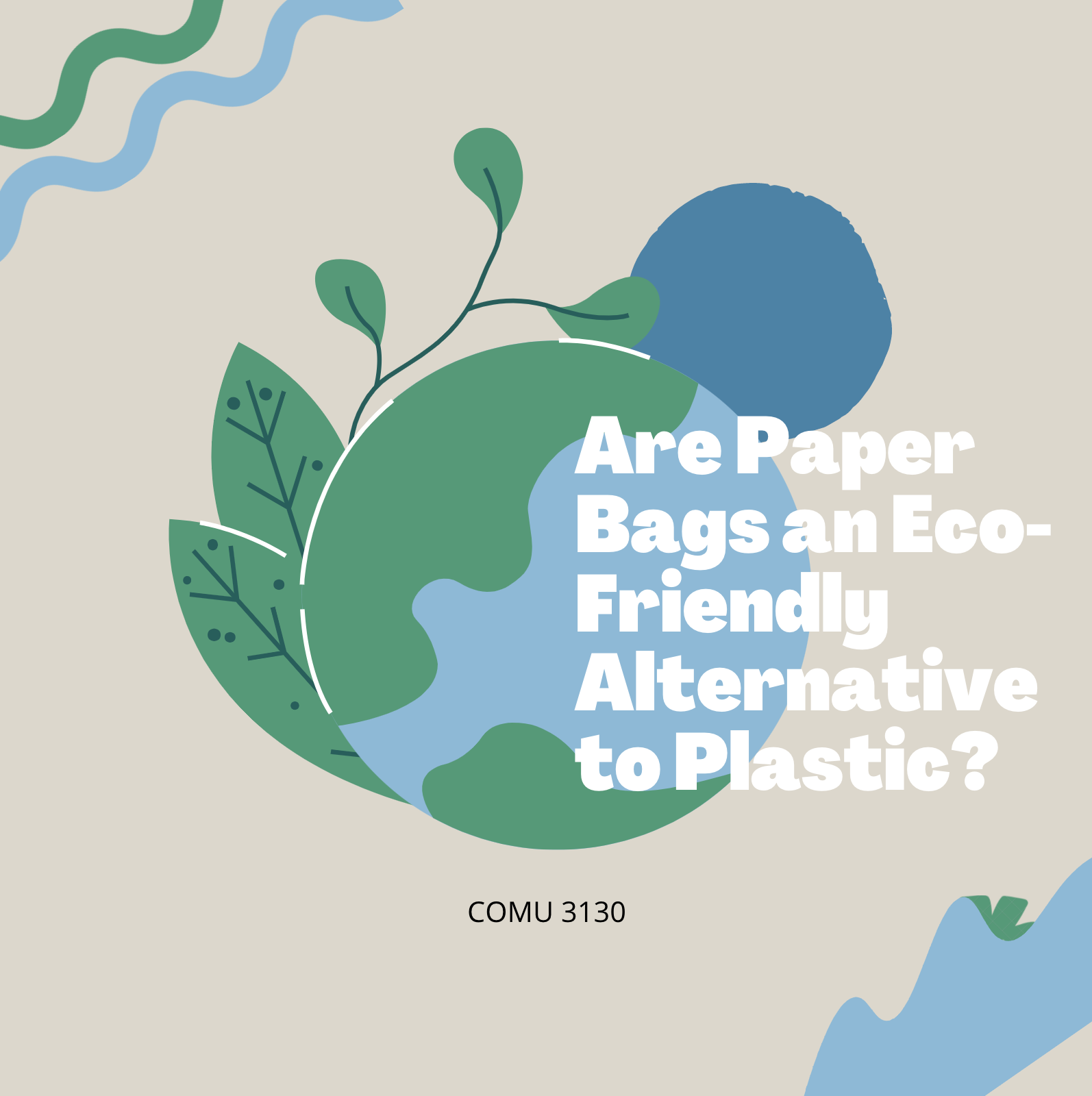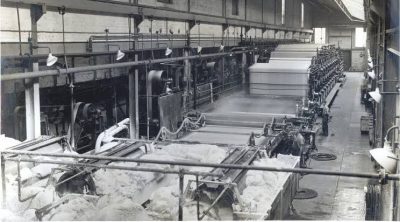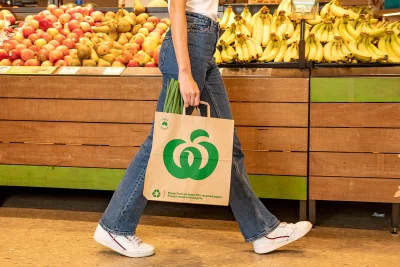
Are Paper Bags an Eco-Friendly Alternative to Plastic?
While it seems to be more environmentally friendly and hipster, is this really the case?
Paper is the new single-use plastic.
Woolworths introduced a paper bag alternative in shops countrywide starting in June 2021, giving consumers additional options at the checkout.
The bags, produced from 70% recycled paper, cost 20 cents each and were offered alongside the supermarket’s current reusable plastic bags and Bag for Good options.
This is a great move, in my opinion. Supermarkets are acknowledging that they are a major source of single-use plastic in our lives.
But, before we all go out and buy paper bags without hesitation, we should ask ourselves, “How ecologically friendly are paper bags?”
Paper doesn’t simply come from trees

Stop cutting trees | photo You Move Europe
It is necessary to chop down trees in order to manufacture a paper bag. According to Woolworths, all paper used in the bag is ethically sourced and PEFC certified, with all new paper coming from plantations to encourage sustainable forest management.
Therefore, Woolworths obtains their pulp from environmentally friendly sources. Is it, however, the end of the story? Does this mean that paper bags are the best option?
No, it is not always the case.
The production of paper requires a large amount of water
A single A4 sheet of paper takes 10 L of water to make (The World Counts, n.d.). If you want your paper to be white, it must also be bleached, which requires additional chemicals and water.
Not only must the trees be processed into pulp, but the pulp must also be packaged and transported, perhaps through several depots, to the store. And the tree-to-bag process isn’t as pure as we’d like to think. In order to turn wood shavings from trees or recycled paper into pulp, harsh chemicals and a lot of water are needed.
It is a thirsty task.

Paper Production Methods | photo Papertr
It’s also heavier than single-use plastic, which means it takes more energy to transport. There will be greater pollution as a result of using more fuel. Furthermore, since recycled material is less able to sustain heavyweights than virgin paper, paper bags may be completely made of virgin paper or include a combination. On the other hand, paper bags are recyclable and compostable — while plastic bags, although recyclable, may take up to 1000 years to dissolve in a landfill.
Is using paper bags indeed the best option?
The Environment Agency has published a study comparing the sustainability of different shopping bags to the traditional single carrying bag.
They discovered that a paper bag would have to be reused 3 times to have a lower global warming potential than a single-use carrying bag (The Environment Agency, 2011). What exactly does it imply? If you use a paper bag at a store and recycle it after just one use, it is less eco-friendly than a single-use plastic bag.
Furthermore, using a single-use paper bag is worse for the environment than using a multi-use carrier bag! Even if you just use your paper bag twice, it’s still a bad idea. If you purchase a pasty or doughnut in a paper bag and throw it away, it will decompose (or be recycled if it’s not oily), but the effect of that paper bag will be higher than if you were given a single-use plastic bag.
Isn’t it terrifying?
So, what is the solution?
We all try to make more environmentally friendly decisions in our daily lives. However, when the store is littered with single-use packaging and plastic produce bags, this isn’t always the simplest thing to do. Fruit and vegetables are also wrapped in disposable plastic netting.
While it would be ideal if zero-waste shops were available everywhere, this isn’t the case. That isn’t to say we can’t still begin buying in a more environmentally responsible manner. There are many simple and straightforward strategies to make your monthly grocery shopping trips less wasteful.
We’ve got your back if you’re confused about how to make supermarket shopping more environmentally friendly. Here are some shopping ideas to help you have a more waste-free experience.
1. Bring the Reusables with you
Instead of using plastic produce bags, bring your own reusable alternatives. Bring reusable tote bags to put your groceries in so you don’t have to use plastic bags at the shop. You can avoid a lot of waste from ending up in a landfill by applying these simple adjustments. (Plus, reusable bags are more cuter!)
2. Avoid using plastic as much as possible
When you see a food item packed in plastic, there’s likely a cardboard or glass version of a similar item available. Rather than purchasing olive oil in a plastic container, go for a glass bottle.
Similarly, rather than purchasing a bag of mixed greens, choose the unpackaged variety and place it in your reusable produce bag. It may take a little more effort to prepare, but it will result in less waste than purchasing a bag that you will eventually discard.
3. Skip the Bags
Did you forget to bring your own bag? It’s no problem. If your purchase is little, skip the bagging part of the checkout line and carry everything into your car yourself.
Some supermarkets have old cardboard boxes available, which you may use to move your goods to your car without using plastic bags. You may also carry your items inside the home by keeping a big storage container or laundry basket in the trunk of your car.
4. Become more knowledgeable about the issue
It is less important what kind of material you choose for your carrying needs and far more important how much of it you use. If you purchase a cotton bag and use it on a regular basis for five years, its environmental effect will be negligible compared to that of paper or plastic. It takes a lot of energy to make, but you only need to use it 131 times to have a lower environmental effect than a carrier, and cotton bags last a very long time.
So, before you get too excited about the ecologically friendly paper bags, keep in mind that it’s not the bag that matters, but what you do with it.
Reference
The World Counts. (n.d.). Tons of paper produced. Retrieved from https://www.theworldcounts.com/challenges/consumption/other-products/environmental-impact-of-paper/story
The Environment Agency. (2011). Life cycle assessment of supermarket carrier bags: a review of the bags available in 2006. Retrieved from https://assets.publishing.service.gov.uk/government/uploads/system/uploads/attachment_data/file/291023/scho0711buan-e-e.pdf

